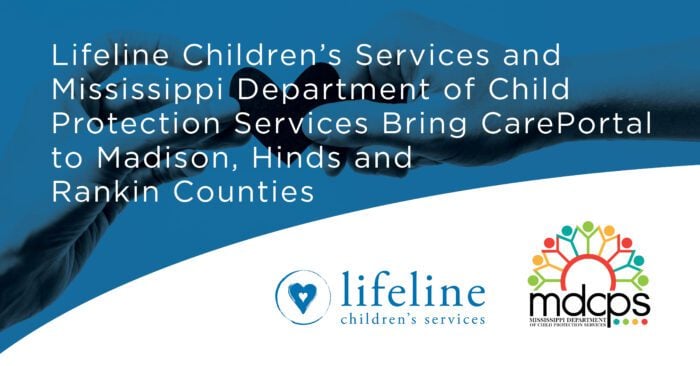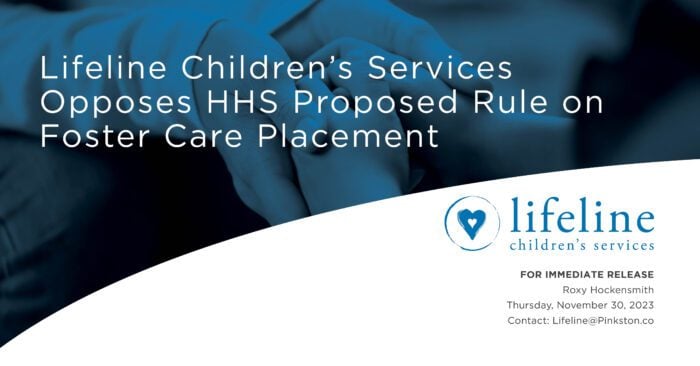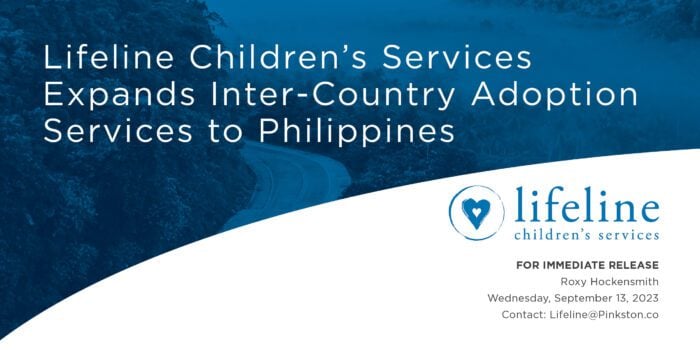As parents, teachers, and children are beginning the new school year, we know there is much excitement. This time of the year also provides many opportunities for uncertainty and anxiety, particularly for parents of children from challenging backgrounds.
Foster and adoptive parents play a vital role in the lives of their children and in preparing them to enter the world outside of their home. They want the best for their children and must trust precious educators who spend hours every day pouring into the lives of students. Educators are vitally important in helping children from challenging backgrounds. If you are an educator who will be teaching a child who has been adopted or a child in foster care this year, congratulations! You have become an integral part of that child’s healing team! You will have an important role to play as you are in an extremely influential position in this child’s life.
The education and post-adoption team at Lifeline would like to encourage educators to be mindful of a few key areas in which you can effectively support children from hard places (and their parents, too):
- Involve parents: Parental involvement becomes even more necessary when working with children from challenging beginnings of life. There are so many intricacies that make parenting these children unique, and it is important that other individuals who are deeply involved in the child’s life are on the same page. All of these key individuals need to be consistent in how they are approaching and teaching the child. Parents also need to be the primary change agents in their child’s life, so working together may assist both the goals of the teacher and the goals of the parents.
- Maintain a safe environment: Children do not learn unless they feel safe. Children who have experienced much pain in their lives are very easily stressed and they are accustomed to living in an overwhelmed state. When they feel threatened, they immediately begin functioning in survival mode. When this occurs, they lose all opportunity for learning. When they feel safe, calm, and relaxed, they are able to utilize the higher functioning part of the brain, where true learning occurs.
- Provide predictability: All children clearly benefit from a structured and predictable environment, but a child who has come from an environment filled with chaos needs it even more desperately. You will be doing the children and yourself a favor by maintaining a highly predictable classroom. Last minute “surprises” may lead to some unpleasant behavioral surprises for you. As much as it is possible, try to stick to a set routine, discuss the schedule regularly, and provide ample warnings of upcoming change. Again, involve parents by communicating with them when necessary changes arise.
- Provide patience: Children may have delays in processing due to language and cultural differences as well as cognitive delays. It may take longer for these children to process what is being told to them. They need to be shown patience as they attempt to make necessary connections for learning. They also need to be shown patience toward their behavior. Many children who have been adopted or who are in care have difficulty self-regulating. They may exhibit a number of challenging behaviors that have developed over time due to the circumstances they have been accustomed. They need to be shown much patience and grace as they learn how to appropriately interact with others. Work with the child and the parents to determine some special cues or activities that can be inconspicuously used to communicate and implement a calming time.
Adoptive and foster parents, keep in mind that it is your responsibility to be your child’s largest advocates. You can encourage your child’s teachers to become more familiar with adoption and foster care. No one knows your child as well as you do, so help your child’s teacher learn how to work most effectively with him or her. If you find this information helpful, please feel free to share it with your child’s educators.




